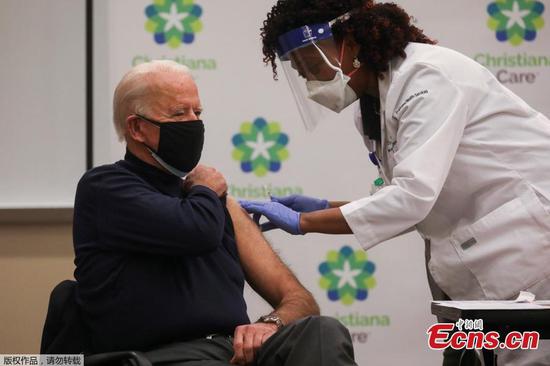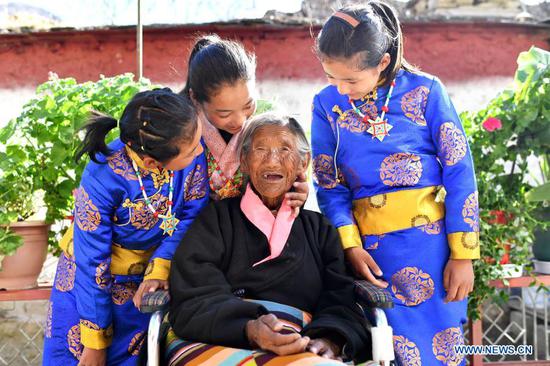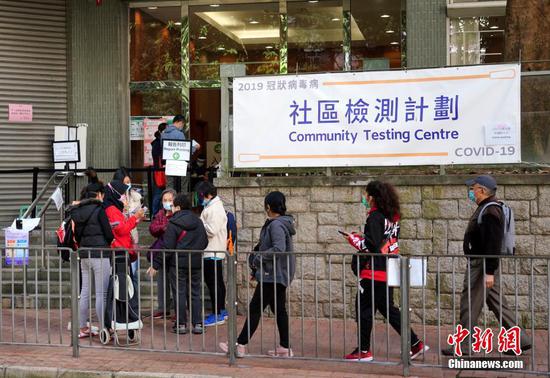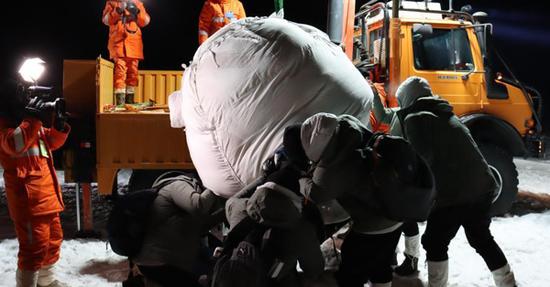Many governments have taken action to support women's lives and jobs during the pandemic, but more still needs to be done, according to analysts.
Phumzile Mlambo-Ngcuka, undersecretary-general of the UN and executive director of UN Women, said that as COVID-19 has ravaged the global economy and severely affected people's lives, governments have taken unprecedented measures. These include strengthening access to health care, rolling out cash transfers, and providing paid sick leave and unemployment benefits.
"However, while some of these measures will benefit women, few of them are being designed or implemented specifically with women's rights or needs in mind," she said.
According to UN Women, during the pandemic, only 18 percent of the global social protection and jobs response to date has been gender-sensitive, either targeting women's economic security or addressing the increased unpaid care they are performing.
There is an urgent need to embed gender equality and women's empowerment more firmly in plans for long-term recovery and transformation in ways that are environmentally and socially sustainable, she said.
"This includes putting gender equality at the center of transitions toward more sustainable consumption and production patterns, ensuring we grow the right sectors and support women to take advantage of the job opportunities offered," she said.
Denise Bolandrina, marketing manager at Global Blue, a tax-free shopping company based in Switzerland, said many of its employees are females who have had their work hours reduced during the pandemic, as the company's business is related to tourism.
It is also difficult for a woman to combine family and work when she has a responsible position, she added.
He Yun, an assistant professor at the School of Public Administration at Hunan University in Changsha, said women in many countries are employed in low-income jobs that have been hit hard by the pandemic.
Even in families where the woman is making more money than the man, it is always the former who has to quit her job to stay home to look after children as school classes move online, He said.
"Women have made huge sacrifices during the pandemic. Governments and society need to recognize their sacrifices and provide more support to enable them to be rehabilitated in the jobs market once the pandemic is over," He added.


















































